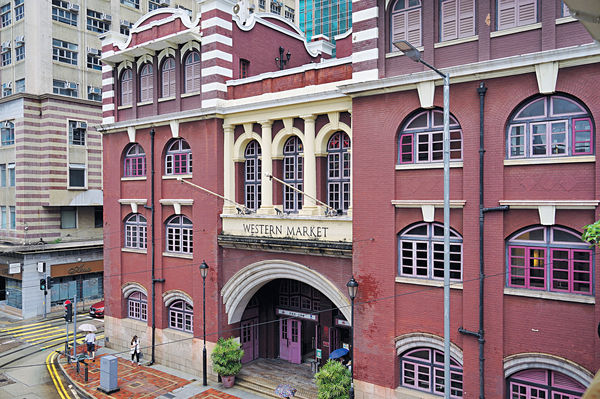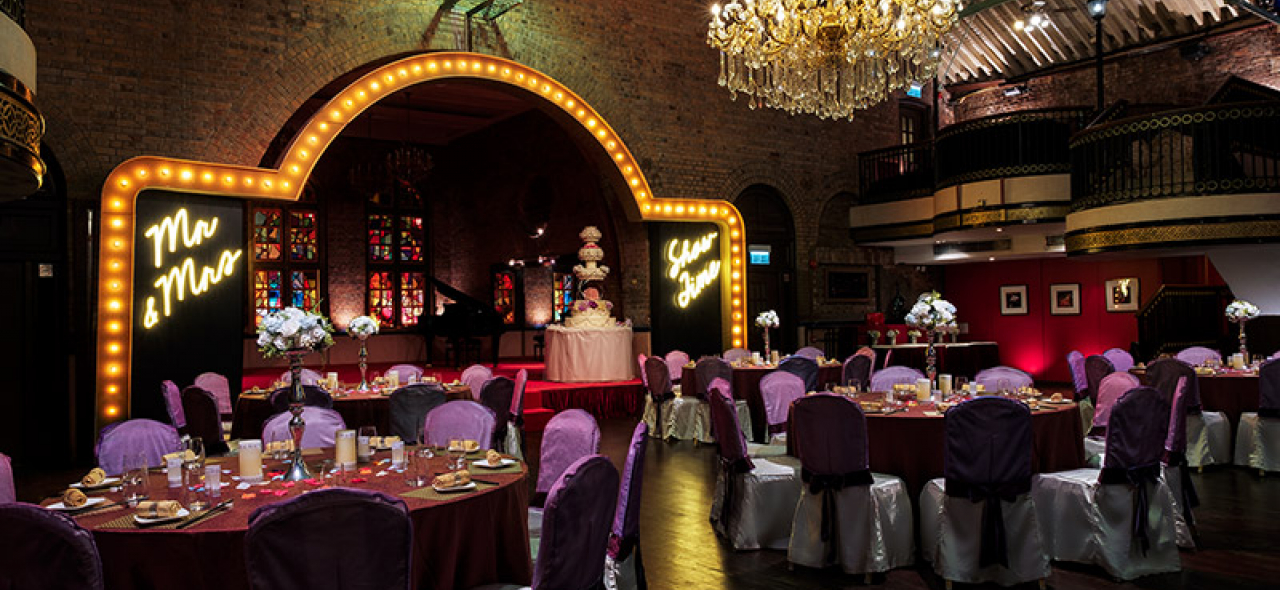As you journey down Morrison Street from Connaught Road West in Hong Kong, you're drawn to an eye-catching Edwardian building, the Western Market, that stands out among the modern skyscrapers. A symbol of the city's colonial era, this iconic landmark is distinguished by its arched granite entrance and unique red-brick exterior accented with white stripes, particularly noticeable on its four corner towers. Yet, the significance of Western Market extends beyond its striking presence; it also involves its vanished South Block, an integral part of its century-old history.

The existing Western Market, also known as the North Block, was originally an extension of the first building located on Queen's Road, referred to as the South Block. This splendid example of Victorian architecture was constructed in 1858. However, as the city's population surged, particularly in the wake of the Tai Ping Rebellion in the early 20th century that led to thousands of Chinese refugees pouring into Hong Kong, the market could no longer cater to the increasing demands of the residents. This gave rise to the North Block, an expanded marketplace to provide for the growing populace's needs. The North Block, completed almost half a century later in 1906, is sustained barely these days by tourists who visit the small handcraft, curio and similar shops that now occupy it.

The building was repaired in 1991 and transformed into a traditional industry and handicraft center, and renamed as West Market. There are various shops and restaurants selling characteristic handicrafts and fabrics.

A two-story European castle-style banquet hall adds a unique flair to parties and is suitable for hosting various business or private events. With an area of 2,000 square feet and a high ceiling design, coupled with professional service equipment, it is highly favored by major companies such as Lane Crawford, Deutsche Bank, and I.T. Limited for hosting banquets.

Though the renovation has shifted it to a different focus entirely where art and crafts are the main businesses there, you could still catch glimpses of the beautiful interior structures (Take the stairs not elevator!), which could be some materials for your Instagram pictures.









